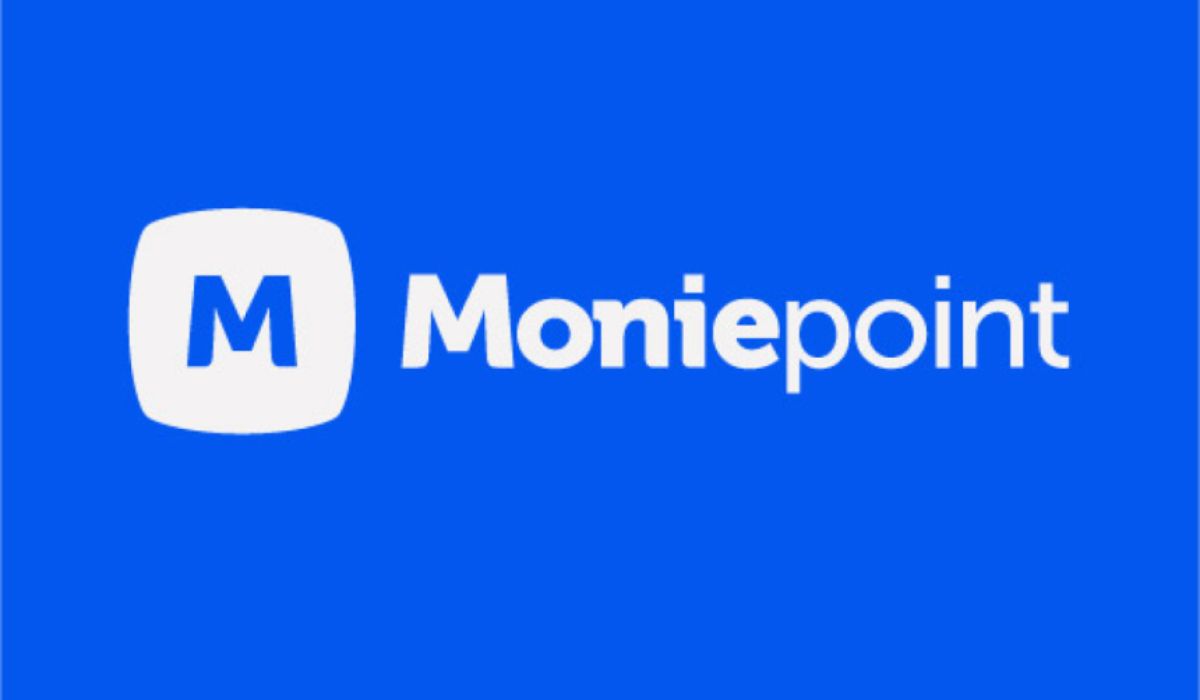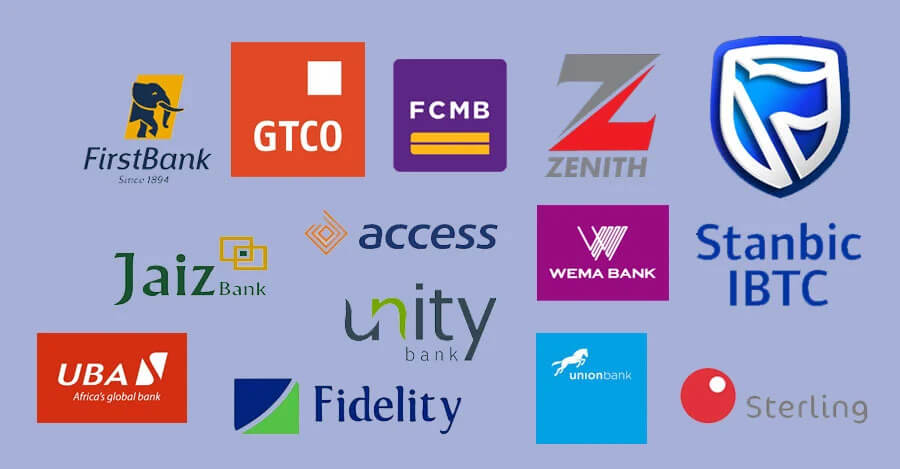Digital Banking Raises UBA, Four Others E-Business Revenues To N628.5bn

…Experts Warn Against Incessant Increase In Bank Charges
Despite a surge in e-business revenues driven by rapid fintech adoption, experts are warning that Nigeria’s financial inclusion progress is at risk due to mounting bank charges on digital transactions.
This is just as tier-one Nigerian banks—including United Bank for Africa (UBA) Plc, Access Holdings Plc, First Bank Holdings Plc, Zenith Bank Plc, and Guaranty Trust Holding Company (GTCO) Plc—generated a combined ₦628.55bn in electronic business revenue in 2024. This represents a 62.76 per cent increase from the ₦386.18 billion recorded in 2023, underscoring a significant expansion in digital banking services.
Electronic banking income includes fees from mobile and online banking platforms, ATM usage, Point-of-Sale (POS) terminals, and card transactions. The top earners in this segment were UBA and Access Holdings, raking in ₦236.31bn and ₦178.61bn respectively. The strong performance in this area reflects growing consumer reliance on digital financial solutions.
Others include Zenith Bank Plc that earned N80.05bn. First Holdings Plc N77.01bn, and GTCO Plc N56.56bn
The e-business income realized by these banks cumulatively accounts to 34.23 per cent of net interest income from fees and commission which stood at N1.84tn during the period under review.
Analysts see this surge as evidence of the deepening role of fintech in Nigeria’s banking landscape.
Banks have invested heavily in digital channels to enhance accessibility, convenience, and cost-efficiency.
These developments have, in turn, supported the Central Bank of Nigeria’s financial inclusion strategy, enabling millions—particularly in underserved areas—to access financial services through mobile apps, USSD codes, and agency banking.
However, experts caution that this progress may be undermined by the proliferation of transaction-related charges levied on customers. From Electronic Money Transfer Levy (EMTL) deductions to USSD fees, ATM withdrawal charges, and SMS alerts, the cumulative cost of banking is becoming unsustainable for many Nigerians—particularly low-income earners and small business owners.
According to Mrs. Shade Adegun, a restaurant owner in Lagos, recent deductions on fintech platforms have forced her to stop accepting transfers for transactions above ₦10,000.
“I used to accept transfers with my OPay account, but in December, they started deducting ₦50 per ₦10,000 transaction. I was losing money. Now, I either request customers add the charges or pay in cash.”
Similarly, Francis Chukwudi, a motor parts dealer in Ladipo Market, lamented the impact of daily debits on his business. “You can’t keep your money in commercial banks without it depreciating. Sometimes, you wake up to see ₦500 deducted. Charges of ₦30 to ₦50 per transaction make it difficult to keep money in these banks.”
He added that he now prefers digital banks like Opay and Renmoney, which offer lower fees and more reliable services. “It’s frustrating. You plan to use a certain amount, only to find out that fees have eaten into it,” he said.
The situation is compounded by other charges: ₦100 ATM withdrawal fees, ₦50–₦100 monthly account maintenance deductions, ₦6 per SMS alert, and ₦6.98 USSD charges. Transfers above ₦10,000 attract ₦50 deductions, and ATM card replacements cost between ₦1,000 and ₦2,000.
Financial experts warn that these charges risk pushing Nigerians away from formal financial institutions, thereby weakening financial inclusion efforts and the country’s broader digital economy goals.
David Adonri, Managing Director of Highcap Securities, cautioned that the multiple fees could undermine the Central Bank’s cashless policy.
“This excessive fee imposed on customers for accessing their own money is a disincentive to keeping funds in banks,” he said, pointing out that small traders may revert to cash-based transactions to avoid charges.
Financial analyst John Okechukwu echoed this sentiment, arguing that the current fee structure disproportionately enriches banks while penalizing customers.
“These charges may deter new account openings, damage consumer trust, and ultimately reduce national savings,” he warned.
An economist Edun Abiodun added that the multiplicity of charges is “counterproductive” to efforts aimed at achieving financial inclusion. “Low-income earners and small business owners are the most affected.
These fees discourage people from using banking services, thereby pushing them back into the informal sector,” he said.
Abiodun emphasized the need for regulatory intervention, urging the Central Bank of Nigeria to issue clearer guidelines on bank charges and enhance transparency. “If customers do not trust the system, they will opt out entirely,” he warned.
As banks continue to record unprecedented gains from their digital platforms, stakeholders stress the need for a balanced approach—one that sustains profitability while ensuring affordable access for all segments of the population.
Without urgent reforms, experts fear that the widening gap between financial innovation and affordability could stall Nigeria’s progress toward an inclusive, digitally powered economy.
Digital Banking Raises UBA, Four Others E-Business Revenues To N628.5bn is first published on The Whistler Newspaper





